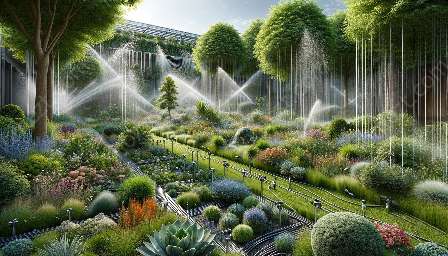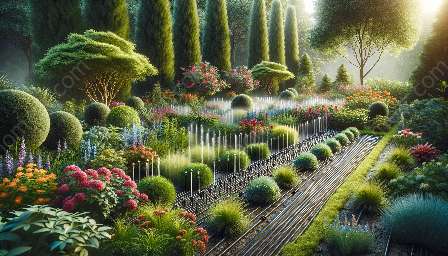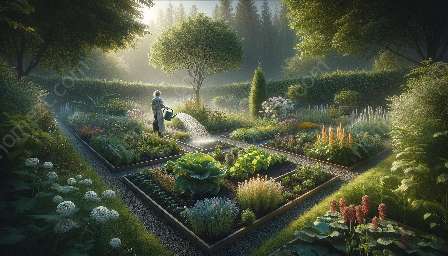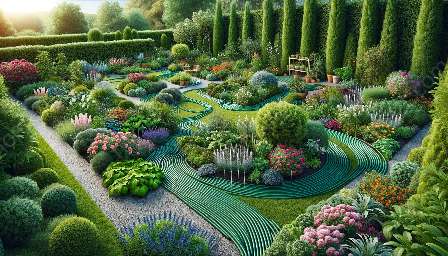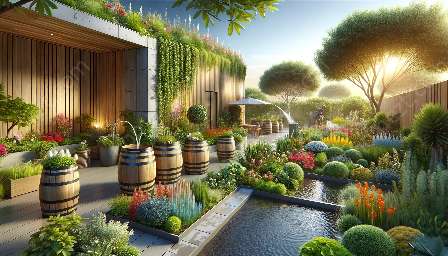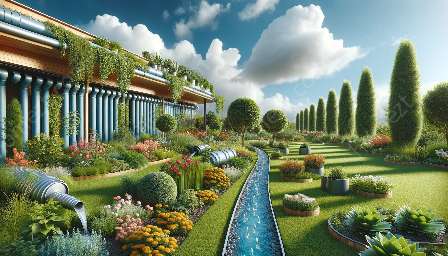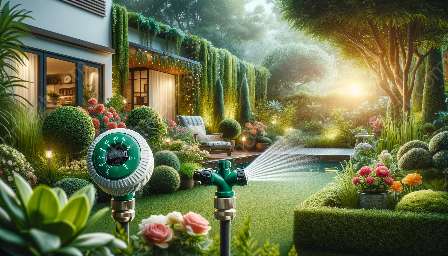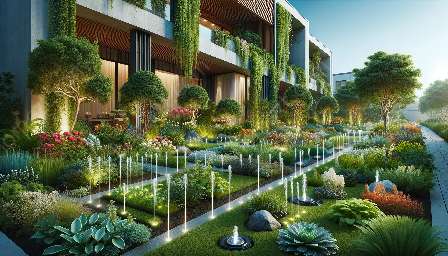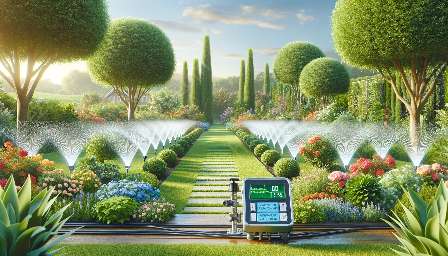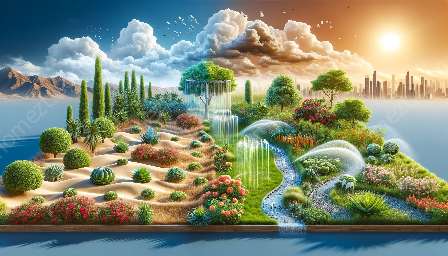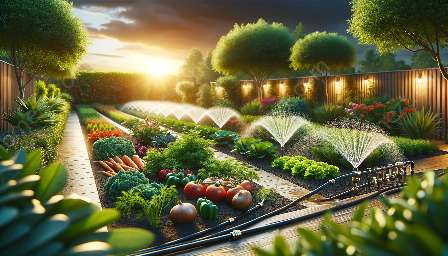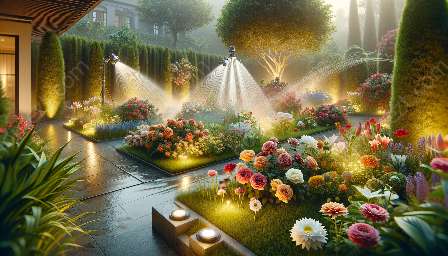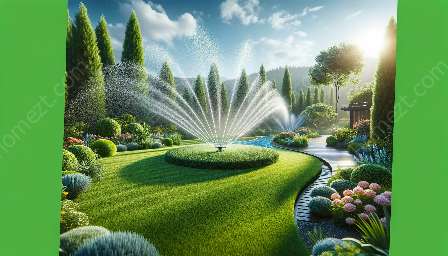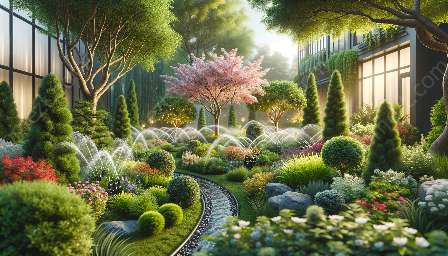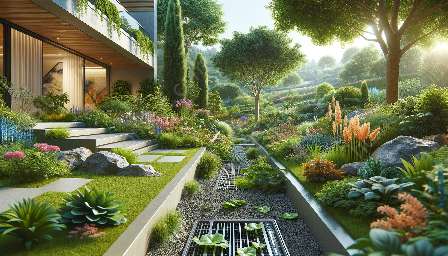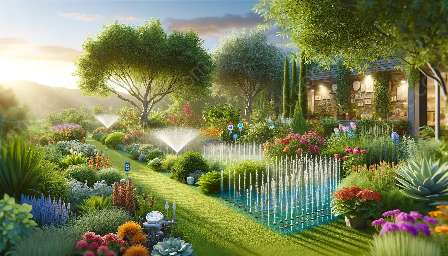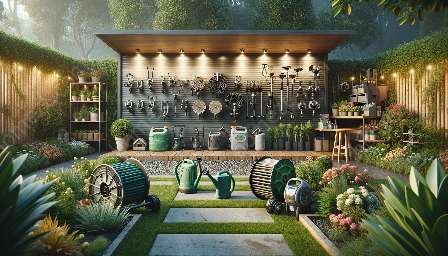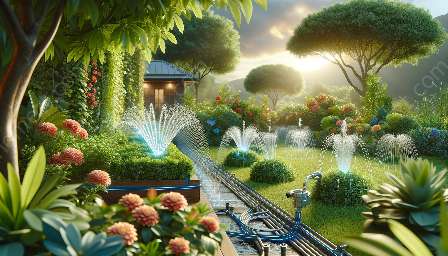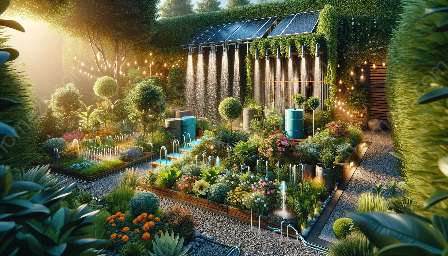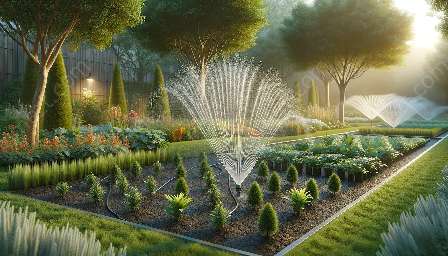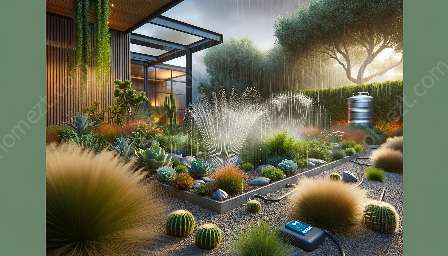For sustainable gardening, it's essential to explore diverse water sources to keep your garden thriving. Whether you're interested in rainwater harvesting, greywater recycling, or traditional watering techniques, there are numerous options to ensure your garden stays lush and healthy.
Rainwater Harvesting
Rainwater harvesting involves collecting rainwater from rooftops, downspouts, and other surfaces to be used for watering plants. It's an ecological and cost-effective method that reduces the demand on traditional water sources. By installing a rain barrel or cistern, you can store rainwater for later use during dry spells.
Greywater Recycling
Greywater from sources such as sinks, showers, and laundry can be recycled for garden irrigation. With simple filtration systems, greywater can be utilized to keep plants hydrated, thereby reducing overall water consumption. However, it's crucial to use environmentally friendly soaps and detergents to avoid harming your plants.
Drip Irrigation
When it comes to watering techniques, drip irrigation is an efficient and targeted method. By delivering water directly to the plant's root zone, drip irrigation minimizes water waste and encourages healthy root development. This method is particularly effective for water-conscious gardeners and can be integrated into various types of landscaping.
Sprinkler Systems
Sprinkler systems are a popular choice for watering large garden areas. By dispersing water over a wider area, they ensure comprehensive coverage. However, it's important to use them judiciously to avoid overwatering and water loss due to evaporation. Additionally, consider the use of timers to optimize watering schedules.
Xeriscaping and Water-Wise Plants
Complementing your choice of water sources, xeriscaping and the use of water-wise plants can promote water conservation. Xeriscaping involves designing landscapes that require minimal water, often incorporating drought-tolerant plants, mulch, and efficient irrigation systems. By carefully selecting plants suited to your local climate and soil conditions, you can create a beautiful, low-maintenance garden that thrives with minimal watering.
Composting and Soil Health
Healthy soil retains water more effectively, reducing the need for additional watering. Through composting and amending soil with organic matter, you can enhance soil structure and its ability to hold moisture. This, in turn, supports the overall well-being of your garden, making it more resilient to fluctuating water sources.

